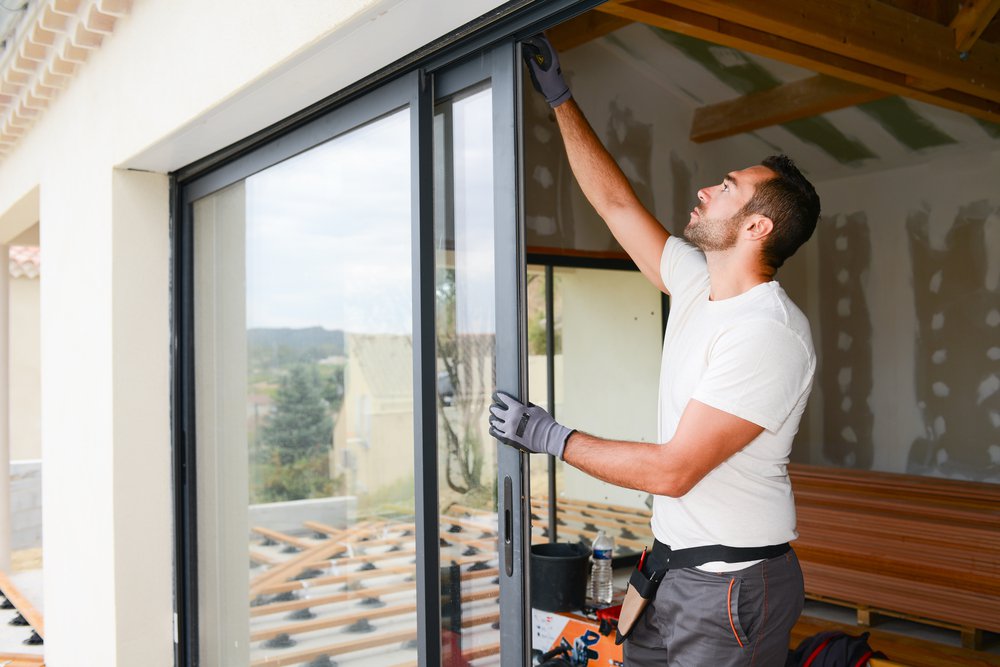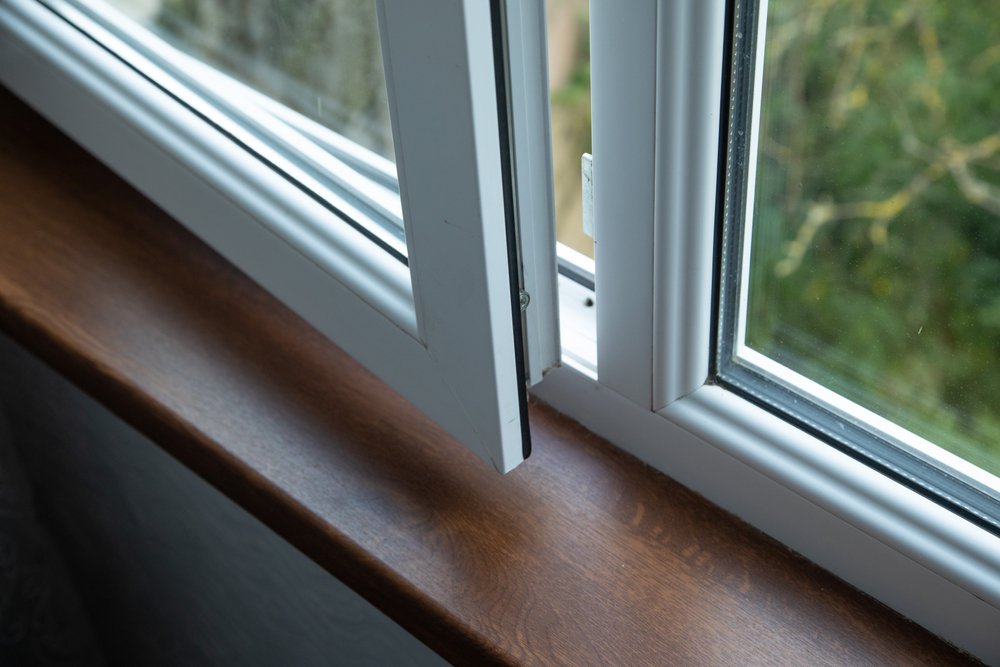Argon-filled windows have revolutionized the construction and glazing industry, offering unparalleled energy savings and insulation advantages. With a focus on environmental sustainability and economic value, these windows have become a cornerstone of modern building practices. In this article, we will look into the impact of argon-filled windows, exploring their environmental sustainability, economic value, installation and maintenance considerations, and a comparative analysis with traditional windows. By the end, you will have a comprehensive understanding of the benefits of argon-filled windows and their crucial role in enhancing energy efficiency and sustainability in construction.

Environmental Sustainability of Argon-Filled Windows
Argon-filled windows play a pivotal role in enhancing environmental sustainability within the construction and building industry. By reducing carbon emissions and improving energy efficiency, these windows contribute significantly to sustainable building practices. Here's a precise analysis of the environmental sustainability benefits of argon-filled windows:
Reduced Carbon Emissions: Argon-filled windows effectively minimize heat transfer, reducing the reliance on heating and cooling systems. This results in lower energy consumption, subsequently decreasing carbon emissions and environmental impact.
Enhanced Energy Efficiency: The superior insulating properties of argon-filled windows lead to reduced energy usage, aligning with sustainable building standards and environmental conservation efforts.
Contribution to Green Building Practices: Argon-filled windows are a key component in green building initiatives, promoting sustainable construction practices and reducing the overall environmental footprint of buildings.
The environmental sustainability benefits of argon-filled windows are substantial, making them an essential choice for environmentally conscious construction and building projects.
Economic Value of Argon-Filled Windows
Argon-filled windows offer compelling economic value, presenting homeowners and businesses with long-term benefits and cost-effectiveness. Here's a detailed exploration of the economic advantages associated with these windows:
Energy Cost Savings: The superior insulation provided by argon-filled windows leads to reduced energy consumption, resulting in long-term cost savings on heating and cooling bills for homeowners and businesses alike.
Increased Property Value: Installation of argon-filled windows enhances the overall energy efficiency and sustainability of a property, thereby increasing its market value and appeal to potential buyers or tenants.
Longevity and Durability: These windows are designed for longevity, requiring minimal maintenance and replacement, which translates to cost savings over their extended lifespan.
Installation and Maintenance Considerations
When it comes to the installation and maintenance of argon-filled windows, adhering to best practices and industry standards is crucial for ensuring optimal performance and longevity. Here are key considerations for the installation and maintenance of these windows:
Professional Installation: It is essential to engage experienced professionals for the installation of argon-filled windows to guarantee proper sealing and insulation, maximizing their energy efficiency benefits.
Regular Inspection and Cleaning: Routine inspection and cleaning of the windows are necessary to ensure that they remain airtight and free from any debris or contaminants that could compromise their performance.
Seal Integrity Maintenance: Monitoring the integrity of the seals is vital, as any deterioration can lead to the escape of the insulating gas, impacting the windows' thermal performance.

Comparative Analysis with Traditional Windows
When comparing argon-filled windows with traditional options, it's essential to consider the benefits and drawbacks to make informed decisions. Here's a comprehensive analysis to guide consumers and industry professionals:
Energy Efficiency: Argon-filled windows offer superior insulation, reducing heat transfer and energy consumption, whereas traditional windows may lack this level of efficiency, leading to higher energy costs.
Cost Considerations: While argon-filled windows may have a higher upfront cost, their long-term energy savings often outweigh the initial investment, whereas traditional windows may offer lower upfront costs but result in higher energy expenses over time.
Environmental Impact: Argon-filled windows contribute to reduced carbon emissions and align with sustainable building practices, whereas traditional windows may have a higher environmental impact due to lower energy efficiency.
The benefits of argon-filled windows are undeniable, offering unparalleled energy efficiency, cost-effectiveness, and environmental sustainability. Their superior insulation properties and long-term economic value make them a prudent choice for homeowners and businesses alike.
To explore a range of high-quality argon-filled windows and learn more about their advantages, visit Insul-Lite Manufacturing for valuable information and product offerings. Make the sustainable choice for energy-efficient windows and elevate your building practices with argon-filled windows from Insul-Lite Manufacturing.





